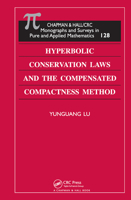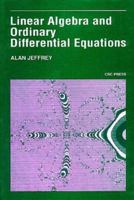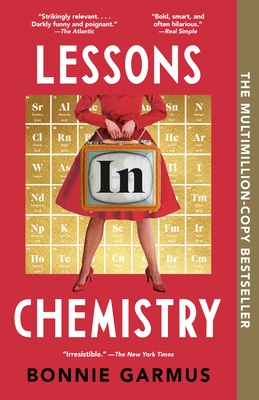Extended STL, Volume 1: Collections and Iterators [With CDROM]
Select Format
Select Condition 
Book Overview
A guide for C++ programmers looking to take the Standard Template Library to the next level. This description may be from another edition of this product.
Format:Paperback
Language:English
ISBN:0321305507
ISBN13:9780321305503
Release Date:January 2007
Publisher:Addison-Wesley Professional
Length:572 Pages
Weight:1.80 lbs.
Dimensions:1.2" x 7.5" x 9.2"
More by Alan Jeffrey
Customer Reviews
6 customer ratings | 5 reviews
There are currently no reviews. Be the first to review this work.











![Paperback Extended STL, Volume 1: Collections and Iterators [With CDROM] Book](https://i.thriftbooks.com/api/imagehandler/m/6B254EEB0AF569C564912426F42C888E785F503F.jpeg)

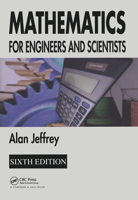



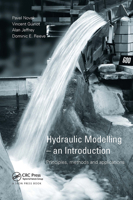
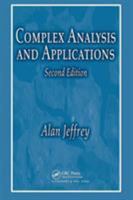

![Advanced Engineering Mathematics - Solutions Manual (02) by Jeffrey, Alan [Paperback (2001)]](https://i.thriftbooks.com/api/imagehandler/s/EB1DDBA6F6A8A08AE486F04E49AB1B47E308EAB3.jpeg)




